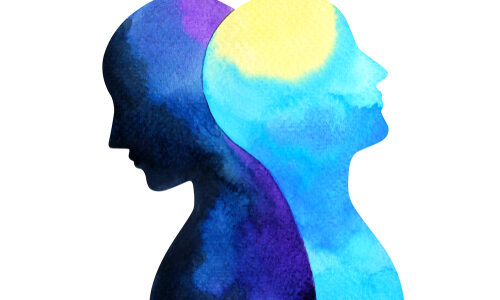Do you ever feel like you don’t know who you truly are, that your personality is ever-changing and you can’t put your finger on your feelings? This is an extremely normal part of growing up and there is a lot of scientific reasoning behind this. In adolescence, teens are in a new stage of thinking known as formal operational thought, or abstract thought. This means that they are beginning to consider other people’s points of view, imagining hypothetical situations, debating their own ideas, and forming thoughts on the world around them.
Additionally, they begin to question authority and challenge societal norms. There is more cognitive empathy overall as the prefrontal cortex is developing. Psychosocial development in the teenage years is extreme, where refining a sense of self is at an all-time high. Erik Erikson, a developmental psychologist, theorized the idea of identity vs. role confusion, which put simply is “Who am I?” and “Who do I want to be?”(verywellmind.com).
Teens pull away from their parents and focus more on friends, which contributes to their identity formation. They are developing more autonomy and psychological control over their thoughts and feelings. There are many different pieces of self-discovery, including ideologies, relationships, and jobs. Because teens are in such a malleable stage, they go through four phases of identity formation according to James Marcia’s theory (study.com). These stages are foreclosure, identity diffusion, moratorium, and identity achievement. For each section of identity, people go through these stages until they reach identity achievement.
Foreclosure is when a person is committed to an identity but hasn’t explored options. Identity diffusion is when a person has not explored options and is also not committed to an identity. Moratorium is the exploration of identities while not having selected one. Lastly, identity achievement is when options have been explored and an identity is selected. In Marcia’s theory, teens are constantly questioning their identity, weaving in and out of the stages, making it difficult to label who they are. So, if you ever feel lost in your own identity, know that it’s completely normal, and eventually you too will reach identity achievement in all aspects of your life.

